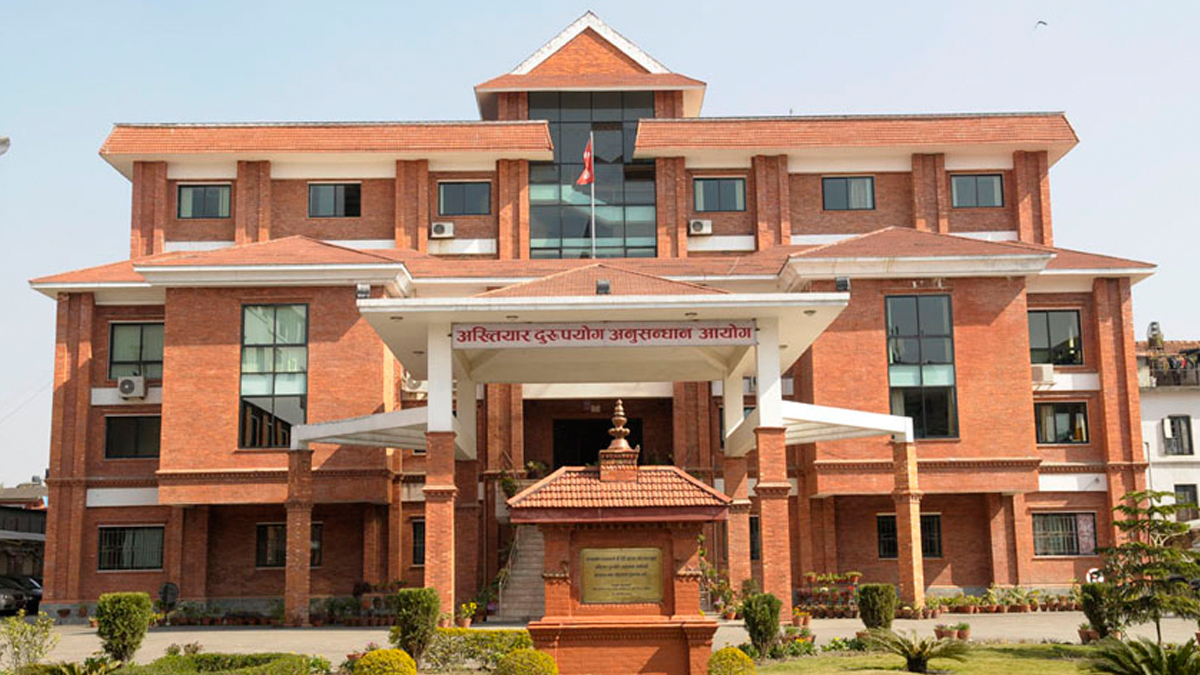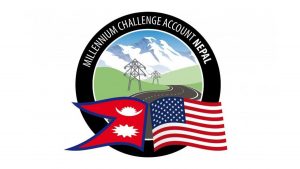In its 33rd annual report submitted to President Ram Chandra Paudel, the Commission for the Investigation of Abuse of Authority (CIAA) has unearthed a disturbing trend of corruption involving the registration of government land in the names of individuals. The comprehensive analysis of land-related cases filed during the fiscal year 2022/23 has revealed a myriad of irregularities, prompting the CIAA to flag 14 different types of malpractices in land-related matters.
The report highlights the alarming practice of registering public and trust lands, including government, barren, jungle, fallow, and Guthi (trust) lands, under the names of specific individuals or private companies. The CIAA warns that this illegal maneuvering is not only compromising the integrity of public resources but also contributing to the illicit sale of such lands.
Pointing to the infamous Lalita Niwas land-grab scam as an example, the CIAA draws attention to individuals registering and selling government-acquired land, obtained after receiving compensation, in their own names. The report exposes a pattern of illicit land transactions, including the distribution of government land in high-value areas, with instances of individuals creating fake land ownership certificates to usurp public land.
Moreover, the CIAA reveals a troubling scenario where documents in the records of the Land Revenue Office are altered, details corrected, and land registered in the name of one person based on a fake landowner. Officials note that bribes are being demanded during the provision of land blueprints and map traces to the Survey Office, with intermediaries facilitating corrupt practices in the general administration of land.
The report also sheds light on the manipulation of capital gains tax and registration fees, where amounts lower than the actual land value are declared, allowing revenue to be collected through fake receipts, evading legal procedures. The CIAA emphasizes the need to address issues related to the court’s release of withheld land without proper scrutiny, exposing a vulnerability in the system.
In a damning revelation, the report exposes unauthorized benefits obtained through cooperative organizations, where the vision of individual land is exploited to change land ownership names collusively. The CIAA strongly recommends a comprehensive overhaul of the existing land administration practices to curb corruption and protect government resources.
The commission concludes by drawing the government’s attention to the alarming trend of occupying government land under the guise of Guthi, Pratishthan (Hall), and other entities, urging immediate action to rectify the systemic flaws laid bare by the annual report.














Comments